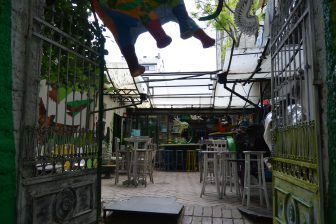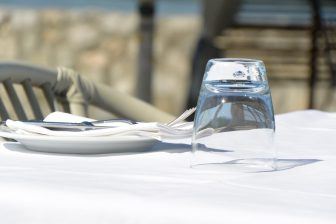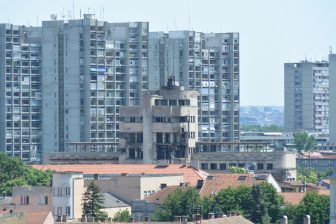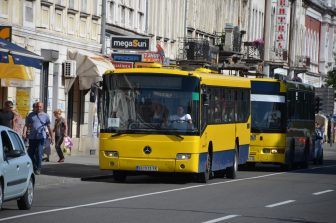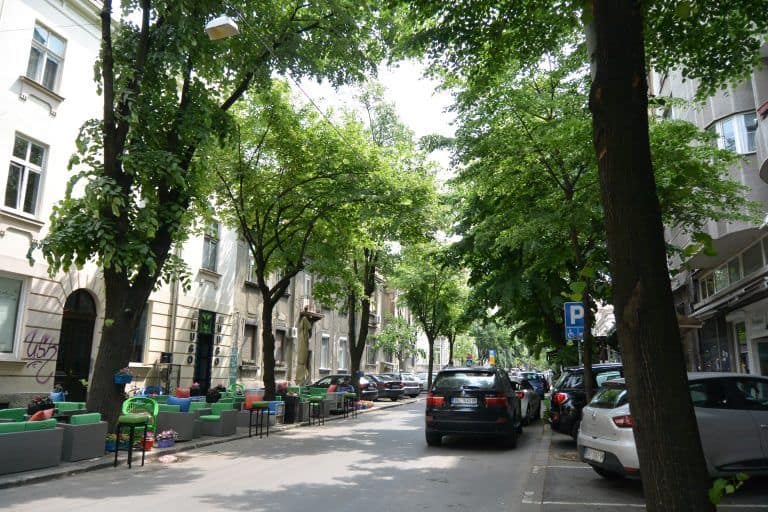
In Belgrade, the capital city of Serbia, there is a place called “Silicon Valley”.
However, this Silicone Valley in Belgrade is nothing to do with high technology.
During our walking tour, this story about the high-end residential street called Strahinjica Bana was most interesting.
In the 1990s,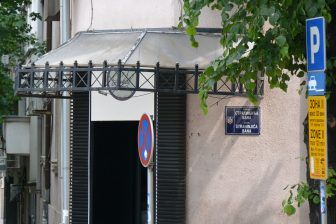
Serbian people’s life at that time was really tough.
The inflation went up and up, so the government had to issue 500 billion dinar notes.
As soon as people received their salary, they exchanged it to Deutsche Mark.
Because the price went up every 6 hours, they literally ran to the money changers.
The average monthly salary was 5 DM while 1 litre of petrol cost 2 DM.
Because they could not trade with any other countries, they ran out of consumer goods and people queued for a long time to get a bottle of milk.
In this situation, the criminal organisation, which they called the Mafia, controlled the black markets.
They lived here in Strahinjica Bana.
Most of them wore “Diesel” jeans and, to show the logo, they tucked their shirts in to their jeans.
Or they wore very showy tracksuits and had big gold crosses hanging from their necks.
They drove Porsches and often had blond girlfriends.
All of these blond women had large breasts but most of them were not natural, but made of silicone.
That is why this street was called ‘Silicone Valley”.
The serious story ending like this made me laugh.
In the 2000s, the country opened again so the black markets disappeared. On top of that, many of the members of the Mafia killed each other, so Mafias gradually disappeared.
But Tamara, our guide, said “Some of the surviving Mafia changed clothes from tracksuits to business suits and became businessmen”.
Actually, I saw a big Ferrari at a car park that afternoon and I thought this could be the one of those ‘businessmen’.
They not only upgraded their clothes, but also their cars.
At the beginning of the story of Serbia’s modern history, Tamara talked about the time of Tito a little.
She said that people were very happy then.
With a Yugoslavian passport, people could travel to the East and to the West without any visas, so it was the most commonly stolen passport in the world.
She said “In those days, with one person’s income, one could buy three large flats with furniture”.
People had a huge expectation when the country became democratic but, so far, they are not as happy as they were during the time of Tito, she said.
She was not so old as to enjoy the happiness of the era of Tito herself, so she has probably been told by her parents about that.
In fact, we heard similar things from other people, too, so maybe this is their current national opinion.
[ May 2018 ]

